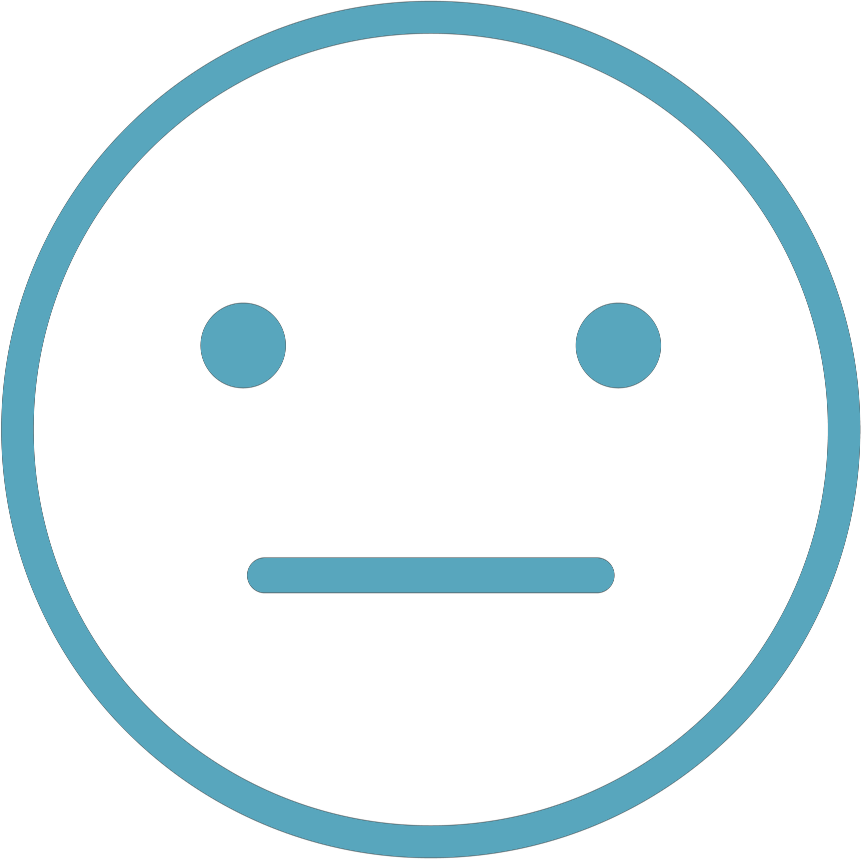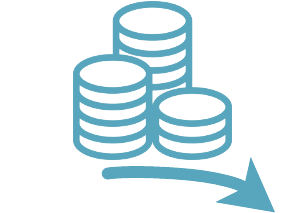Denmark
-
The majority of adult education programs in Denmark is publically funded. Participation in adult education is generally high, but there is a demand for upskilling among low qualified adults. Denmark continues to lead the way in ICT based approaches to adult learning and has a strong foundation of well equipped and qualified adult educators.
Denmark country reports
Denmark 2023
Download category as PDF-
Strong focus on sustainable development and green skills
Posted: 2023-12-12 / Category: Denmark 2023 / Tags:According to the Danish Adult Education Association (DAEA), the Danish adult education sector has almost recovered from the COVID-period. One of the challenges is however that parts of the non-formal ALE sector have serious funding problems.DAEA reports that the Danish adult education policies promote inclusive and accessible adult education and respond to labour market needs. Nevertheless, there is too much and one-sided political focus on strict job-related adult learning and education. Civil society organisations have sufficient opportunities to express their views and concerns to policy-makers and they can actively participate in the policy-making processes. However, learners' don’t have opportunities to express their views to the policymakers.In the last year, the general situation of adult learning and education (ALE) has stayed the same, but the funding situation has slightly deteriorated.There has been a decrease in funding at local level for non-formal adult education and a small increase in national funding for formal adult education. According to DAEA, especially public funding at the national and local level is insufficient and has resulted in larger expenses for individuals. Not everyone can afford to participate in adult learning.Funding sources of ALE in Denmark:- Project funding
- Programme funding
- Operating grants/ structural funding
- Fees paid by individuals
- Contribution paid by employers
Regarding the EU policies and programmes, many people are not aware of the European Year of Skills, according to DAEA. ALE organisations in Denmark are not necessarily aware of the Erasmus+ funding opportunities nor do they have enough capacity to apply for the funding. DAEA has a neutral view on whether The Country Reports and the Country Specific Recommendations 2023 of the European Commission correspond to the situation in Denmark. Also, civil society organisations are not actively involved in UNESCO’s Marrakech Framework for Action process.Lobbying on behalf of the new law on adult learning and education
DAEA has participated in the following consultations in the last year:- Programme for basic skills
- National programmes for non-formal adult learning and education
- Programme for adult learning and education for sustainable development
DAEA has also been active in lobbying on behalf of adult education and has participated in the several advocacy activities, including- A programme for youth (18-25) without a any formal youth education
- Changes to the national law on non-formal adult learning and education, where DAEA demanded better funding, more flexibility and better facilities
- Against introducing VAT on certain non-formal ALE activities
- More partnerships between non-formal ALE providers and municipalities
- Strengthening and improving basic skills offers to adults
Building a network to strengthen activities for green transition
Adult education organisations in Denmark have a strong focus on green transition. DAEA is working to further integrate sustainability (green skills and knowledge) into all ALE activities in Denmark. They are building a network of non-formal ALE providers to strengthen activities for green transition and they also share knowledge and best practices in the field. Additionally, they cooperate with other educational sectors for a state funded program for Education for Sustainable Development.DAEA gives the following key recommendations to improve adult education in Denmark:- Stable funding programmes and better facilities for ALE providers are needed
- More flexible conditions for funding for non-formal ALE are needed
- There should be national funding programmes for important topics of the current time, such as green transition, local democracy or digital skills
- Make sure ALE providers are included in relevant decision-making processes
Denmark 2021
Download category as PDF-
Developments: Recovery of adult learning activities
Posted: 2021-12-21 / Category: Denmark 2021 / Tags: sustainable development
Denmark 2020
Download category as PDF-
Developments: Emergency corona policies for educators
Posted: 2020-11-23 / Category: Denmark 2020 / Tags: sustainable development basic skills funding covid-19 -
Challenges: COVID and the folkbildning law
Posted: 2020-11-25 / Category: Denmark 2020 / Tags: funding
2019
Download category as PDF-
Denmark introduction
Posted: 2020-01-09 / Category: 2019 / Tags: awareness -
Links to EU and international policy in Denmark
-
Challenges and recommendations in Denmark
Posted: 2020-01-09 / Category: 2019 / Tags: -
Recent developments in Denmark
Posted: 2020-01-09 / Category: 2019 / Tags:














































